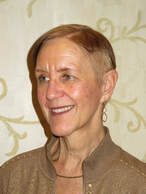|
Lancaster County is home to the largest Amish population in the United States with 40,525 Amish in 2020. Yet they are greatly underserved in accessing resources to help them prevent the alarmingly high prevalence of sexual abuse of children in their community. Although published large scale studies in this population do not exist, we have good reason to believe that rates are significantly higher than those cited in the Adverse Childhood Experiences Study (22% of boys, 25% of girls). In fact, Amish we talk to frankly admit that child sexual abuse is “out of control” in their schools and communities. Our meetings in Amish homes continued to increase during 2021. We have gathered with more than 125 Amish in small groups in barns, around kitchen tables, and on front porches to hear their stories. As we become known as trustworthy people, we receive calls from Amish we’ve never met with, asking for our help. We are figuring out with them how to change the part of their culture that enables abuse to happen, silences women and parents who speak out, and often fails to hold perpetrators accountable to outside authority, enabling them to continue inter-generational cycles of abuse in a community which has the most rapidly increasing birth rate in Lancaster County. In August I was invited to speak at the “A Better Way” conference in Clinton County hosted by an Amish couple. About 70 people showed up for two days of sharing stories, inspiration, hope and education. In addition to talking about the health impacts of child sexual abuse in mid-life adults, I also spoke on “Hope and Resistance” among the Amish in Lancaster County. And that is the best way I can describe what is happening here: Amish are resisting the old ways of dealing with abuse, and hope for change is emerging as people realize that it no longer needs to be this way. We are also working with others in the “English” community to change the part of our culture that too often fails to protect abused children and women out of deference for the Amish culture, and misplaced trust in a male religious hierarchy. This is where the Plain Communities Task Force we helped found in early 2020 is becoming a great asset, as it includes other organizations and individuals. As we speak with our Amish friends and neighbors, clear themes emerged. These include growing distrust of designated committees of elite religious leaders tasked with handling allegations of abuse. Although they appear outwardly compliant with mandatory reporting, and the law, nearly all the Amish we have met with tell us the reality is quite different, and that many religious leaders who are mandated reporters do not contact Childline nor do they contact police when it warranted. In addition, when women suffer abuse from their husbands, the response from the religious hierarchy is almost always to admonish her to be a better wife and submit – including in cases where children are also being abused. The rare brave woman who gets a Protection from Abuse Order from the court is guaranteed to incur the wrath of church leaders. We have listened to woman after woman recount chilling tales of retaliation for trying to protect their children or themselves by “going outside” for help. In a recent incident, a group of religious leaders came to the home of an Amish couple whose young daughters were sexually assaulted in school threatening them with loss of church membership if they cooperated with the report a non-Amish counselor had made to Childline. Loss of church membership has economic and social consequences that terrify many people into submitting. Some women have literally been taken against their will by religious leaders and put into Amish run “mental health” facilities and medicated until they learn to be silent about abuse. Because of the power these leaders hold to excommunicate people from the church, the women often end up signing papers to ‘consent’ to treatment they do not want – or even need. Last summer, we sat on the 2nd floor of a barn, sweltering in summer heat with women who wanted to tell their stories. One young woman nursing a baby recounted how she had been raped by her father as a girl. She grew strong enough to want to do something about it. She and her mother filed a police report in early 2021. She was well within the statute of limitations for filing criminal charges. However, after a conversation with her father, who denied the rape with his bishop supporting him, the young mother was told by the police officer that the case was dropped and she should work with her religious leaders to resolve the situation. Others tell us similar stories, saying the outside help they turn to ends up going back to their religious leaders and asking them to deal with the situation, out of respect for the Amish way of life. One woman said it bluntly: “Tell them not to 'respect' us so much! We are people too, and we are hurting. We need help!” "Tell them not to 'respect' us so much! We are people too, and we are hurting. We need help!” Fortunately, we more men and a growing number of pastors are choosing to work with us, despite the pressure of the committees to retain the status quo. Following a meeting primarily attended by Amish men where we heard multiple disclosures of abuse and silencing of victims, one man said: “We can't do things like we did 60 years ago, so what do we do now? It's time our people get open to having some education about this stuff so it can be different." We agree. We have deep respect for the Amish and their culture, much of which is life-affirming and beautiful. They have welcomed us into their homes, sharing food, stories, tears and their hope for change. As we provide education to prevent child sexual abuse and offer support to victims, we combine trauma-informed and evidenced based models with a faith perspective. There are multiple places in Biblical texts where protection of the vulnerable “little ones”, healing for those who have been harmed, and liberation from unjust oppression by those who hold power hold the promise of hope for a different and better kind of future. Change is always hard and usually resisted by those with authority who are satisfied with the status quo. We have no power to change Amish culture. However, by walking with and supporting Amish who are no longer content to be silent about the way abuse is handled in their communities, and by offering much needed resources, we can help them to bring about the change they want to see. Learn more about our work with Amish and the Plain Community Task Force here.
2 Comments
10/30/2022 12:36:59 pm
<strong><a href="http://www.guideonproduct.com/complex-diet-drops-biosource.html">Complex Diet Drops - Natural Weight Loss plan BioSource</a></strong>
Reply
10/30/2022 12:47:41 pm
<strong><a href="http://www.authorityproductshop.com/reviews.html">Best Diet Pills For Weight Loss</a></strong>
Reply
Leave a Reply. |
|
© Safe Communities. All rights reserved, 2021.
|
subscribe to email updates |


 RSS Feed
RSS Feed
